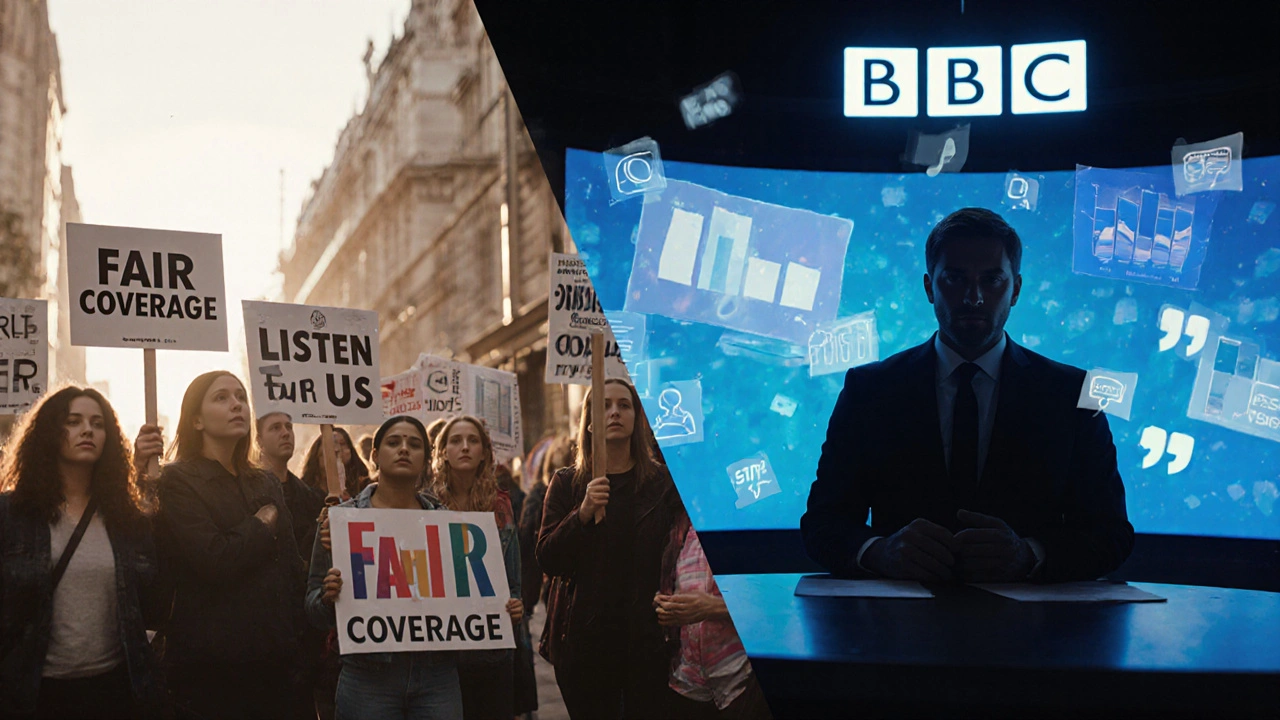BBC impartiality: What it means, why it matters, and how it compares to UK news outlets
When you think of BBC impartiality, the principle that news should be fair, balanced, and free from political or commercial influence. Also known as public service broadcasting, it's the standard the BBC was built on—and the standard many Britons still rely on for daily news. But in 2025, with headlines screaming from the Daily Mail, the Guardian pushing progressive angles, and TikTok replacing TV, is BBC impartiality still real—or just a brand?
It’s not just about tone. Impartiality means giving space to facts, not just opinions. It means covering a protest with the same depth whether it’s for climate action or against immigration. The BBC’s charter requires it. But when you compare its coverage to the Daily Express, which frames pensions as a crisis of personal responsibility, or the Guardian, which often highlights systemic inequality as the root cause, the differences aren’t subtle. One reports what happened. Another explains why it happened. And sometimes, that line blurs.
Media bias, the tendency of news organizations to favor certain political, cultural, or economic viewpoints. Also known as editorial slant, it’s not always intentional—but it’s always present. The BBC tries to avoid it by using multiple sources, fact-checking teams, and internal review panels. But when a story like the NHS backlog gets covered, who gets quoted? A minister? A nurse? A patient? The selection itself shapes perception. And when the BBC skips a story—like the quiet collapse of local newspapers—it’s a choice too.
Then there’s journalistic integrity, the commitment to truth, accuracy, and accountability, even when it’s inconvenient. Also known as ethical reporting, it’s what separates the BBC from tabloids that run unverified claims about COVID variants or homeless people. The BBC has made mistakes—over-reporting on minor incidents, under-reporting on systemic failures—but it still has a public ombudsman. Most outlets don’t. The Guardian, for all its depth, is owned by a nonprofit trust. The Daily Mail? Owned by a billionaire family with clear political leanings. The BBC, despite its funding issues and political pressure, is still the only national broadcaster legally required to be impartial.
What you’ll find in these articles isn’t just a list of stories. It’s a map. You’ll see how BBC impartiality is tested daily—in coverage of homelessness, NHS failures, and even the rise of XEC and XBB.1.16 variants. You’ll see how other outlets, like the Daily Mail or The Guardian, frame the same events differently. And you’ll see why, in a world of noise, impartiality isn’t just nice—it’s necessary.
Is BBC News biased or unbiased? Here's what the data shows
BBC News is the most trusted news source in the UK, but claims of bias persist. Data shows it's among the most balanced outlets, though sourcing and framing can lean subtly. Here's what the evidence really says.
